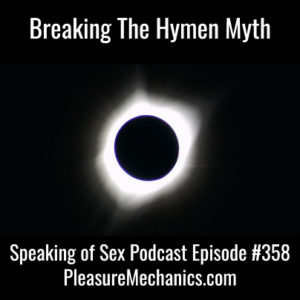Hello dear ones!
We hope the Explore More Summit was as nourishing and transformative for you as it was for us!
Here are a few curated links to get you started with Pleasure Mechanics resources. After you enroll in any course, including the free course, you can be in direct email contact with us. Please be in touch if we might be of service in your erotic journey.
Enroll in our FREE Erotic Essentials course for free resources, including free foot massage videos.
Our Survivor’s Toolkit is a free, collaborative resource open to all seeking to recover their capacity for pleasure after harm.
The Speaking of Sex podcast offers a weekly dose of soulful sexual conversation. Here are a few episodes to get you started:
- How To Practice Giving and Receiving Pleasure
- Recalibrate Towards Pleasure
- The 60 Second Pleasure Point Challenge
- Savoring: A Foundational Pleasure Practice
- Sexual Attitude Adjustments
We are offering sliding scale community access to all of our online courses during the global coronavirus pandemic. Find the sliding scale access codes here.
For ongoing social media contact, we are currently most active on Instagram.



